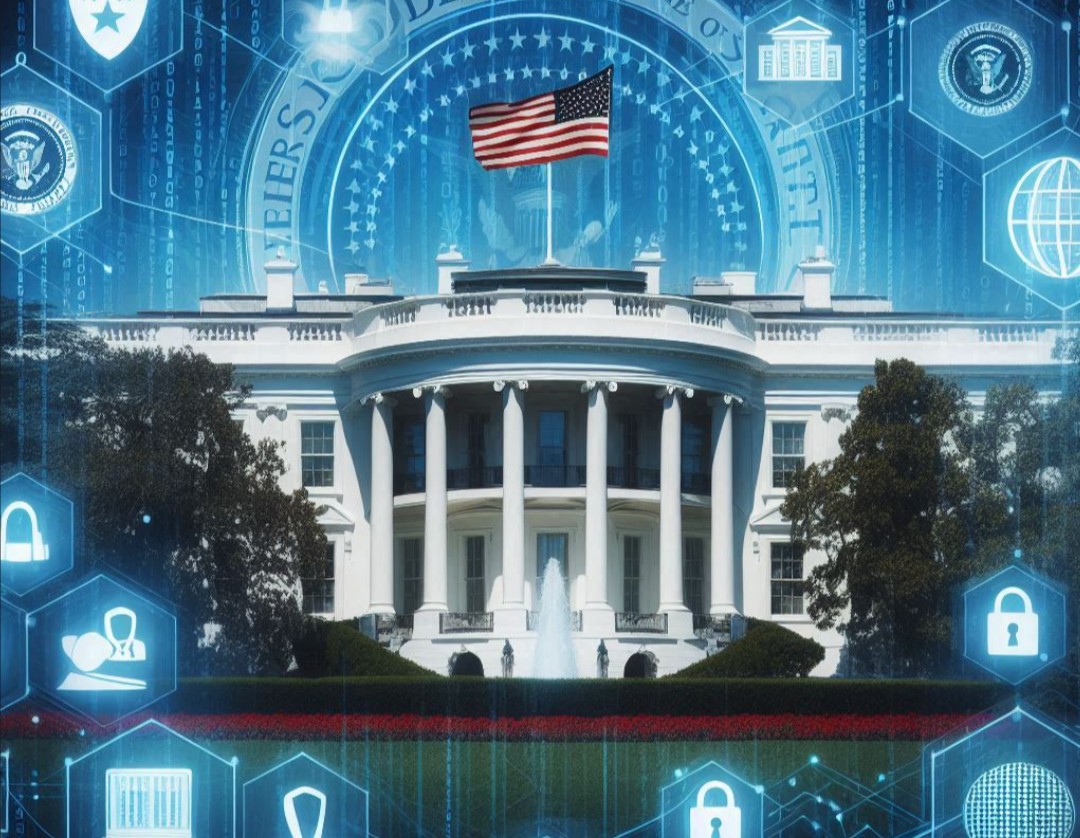
Privacy in the United States is a constant topic of debate, especially in the digital age. The Supreme Court has played a central role in interpreting the Fourth Amendment, which protects citizens from unreasonable searches and seizures.
However, as technology advances, mass surveillance has evolved, raising questions about the balance between national security and individual rights. In this context, the Foreign Intelligence Surveillance Act (FISA) , and in particular Section 702 , introduced by the FISA Amendments Act of 2008 , are controversial legislative instruments that impact privacy in the United States and its spheres of influence.
But what does all this mean for American citizens and Europeans who use systems and software from US companies?
The Fourth Amendment to the United States Constitution provides that:
” The right of the people to be secure in their persons, houses, papers, and effects, against unreasonable searches and seizures, shall not be violated; and no warrants shall issue, but upon reasonable cause supported by oath or affirmation, and particularly describing the place to be searched, and the persons or things to be seized. “
Historically, the Supreme Court has interpreted the Fourth Amendment based on the needs of the time. With the advent of the Internet and digital telecommunications, the challenge is to define whether and how electronic data collection falls within constitutional protections.
The Foreign Intelligence Surveillance Act (FISA) was introduced in 1978 to regulate surveillance of foreign espionage and terrorist activities. This act established the Foreign Intelligence Surveillance Court (FISC) , a secret tribunal that approves surveillance requests for national security reasons. FISA has been updated several times, particularly after September 11, 2001, to adapt to new global threats and the expansion of surveillance technologies.
Section 702 of the FISA Amendments Act of 2008 is a significant intelligence collection authority that allows the Intelligence Community (IC) to collect, analyze, and share intelligence on threats to national security. Section 702 authorizes the targeted collection of information on foreign individuals, exclusively non-U.S. citizens , believed to be outside the United States.
Section 702 of the FISA establishes stringent criteria for determining who can be subject to surveillance, while ensuring the privacy of US citizens and anyone in the country is protected. The law only allows monitoring of non-US individuals located abroad who are deemed to be involved in activities relevant to national security. This includes individuals who may possess, receive, or transmit sensitive information related to terrorism, espionage, or the proliferation of weapons of mass destruction. The goal is to prevent potential global threats through targeted intelligence activities.
On the other hand, the law categorically prohibits the surveillance of U.S. citizens, regardless of their geographic location, as well as any person physically present in the United States. Furthermore, so-called “reverse targeting”—the use of surveillance of a foreign entity with the intent to gather information on a U.S. citizen or a person present on American soil—is prohibited. This principle is essential to ensure that intelligence activities do not violate the constitutional protections provided by the Fourth Amendment.
Despite its usefulness in fighting terrorism and protecting national security, this legislative provision has raised considerable criticism for its implications on privacy and civil rights.
One of the main concerns is the possibility that, during surveillance activities, data on US citizens may be incidentally collected. Although the law provides for data minimization procedures to limit the misuse of such information, civil rights groups complain that law enforcement could access it without a warrant, thus circumventing the Fourth Amendment’s protections. Furthermore, the lack of transparency in FISC decisions and the lack of direct public oversight fuel concerns about potential abuse of surveillance power.
Some critics argue that the use of the collected information could extend beyond counterterrorism and national security, entering areas such as internal criminal investigations without the necessary procedural safeguards. These concerns have sparked intense debate on the need to reform the legislation by introducing stricter controls and greater oversight.
Over the years, Section 702 of FISA has received criticism not only from civil rights groups but also from tech giants. In 2017, companies such as Google, Microsoft, Facebook, and Amazon sent a letter to Congress calling for reform of the law to ensure greater transparency and privacy protections.
In the letter, the companies highlighted five key areas for improvement:
Section 702 has also been strongly criticized on the political front, particularly by Senator Ron Wyden , a longtime advocate for civil liberties. Wyden has repeatedly denounced the abuses of warrantless surveillance, highlighting how Section 702’s renewal always occurs without adequate public debate.
After the umpteenth extension of the law, the senator declared:
“The Senate waited until the last minute to rush through the renewal of warrantless surveillance, in the dead of night. But I will not give up. The American people know that reform is possible and that freedom need not be sacrificed for security.”
Wyden also emphasized that despite promises of reform, new cases of abuse and violations continue to emerge, fueling distrust of the surveillance program.
Despite pressure from Big Tech and Senator Wyden for a better balance between security and privacy protections, their demands have not led to the desired reforms, and the legislation has been renewed several times without substantial changes.
Over the years, several civil rights groups have challenged the constitutionality of this surveillance law. The Supreme Court, while yet to issue a definitive decision on the matter, has gradually recognized the importance of adapting the Fourth Amendment to the digital context, as demonstrated in the cases of Carpenter v. United States (2018) and Riley v. California (2014).
The privacy debate in the United States continues to evolve in tandem with technological advances and new national security challenges. On the one hand, government institutions argue that advanced surveillance tools are essential to counter increasingly sophisticated global threats; on the other, activists and legal experts warn that an uncontrolled expansion of data collection could compromise civil liberties and set a dangerous precedent for the future. In an era where digital information is at the center of daily life, balancing privacy and security remains one of the most complex issues of our time. The role of the Supreme Court and the legislature will be crucial in determining how far the government can go with surveillance without violating constitutional principles, and whether current protections are sufficient to guarantee citizens’ fundamental rights.
Follow us on Google News to receive daily updates on cybersecurity. Contact us if you would like to report news, insights or content for publication.
